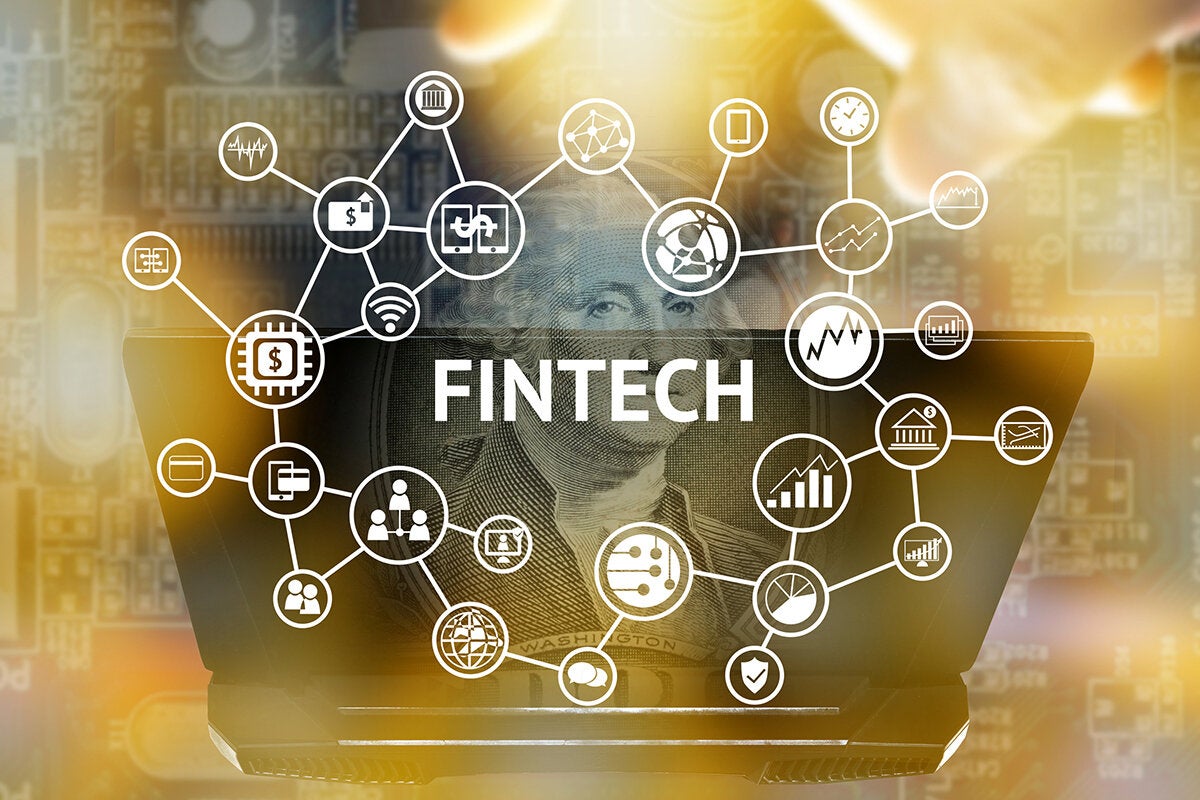How blockchain could solve the internet privacy problem

Credit to Author: Lucas Mearian| Date: Mon, 09 Apr 2018 03:00:00 -0700
Fintech firms, software makers, telecom providers and other businesses have joined forces develop a blockchain-based network that will enable anyone to exchange digital credentials online and without the risk of unintentionally exposing any private data.
The companies are part of the Sovrin Foundation, a new nonprofit organization now developing the Sovrin Network, which could enable anyone to globally exchange pre-verified data with any entity also on the network.
The online credentials would be akin to identify information you or I might have in our physical wallets: a driver’s license, a bank debit card or a company ID.



